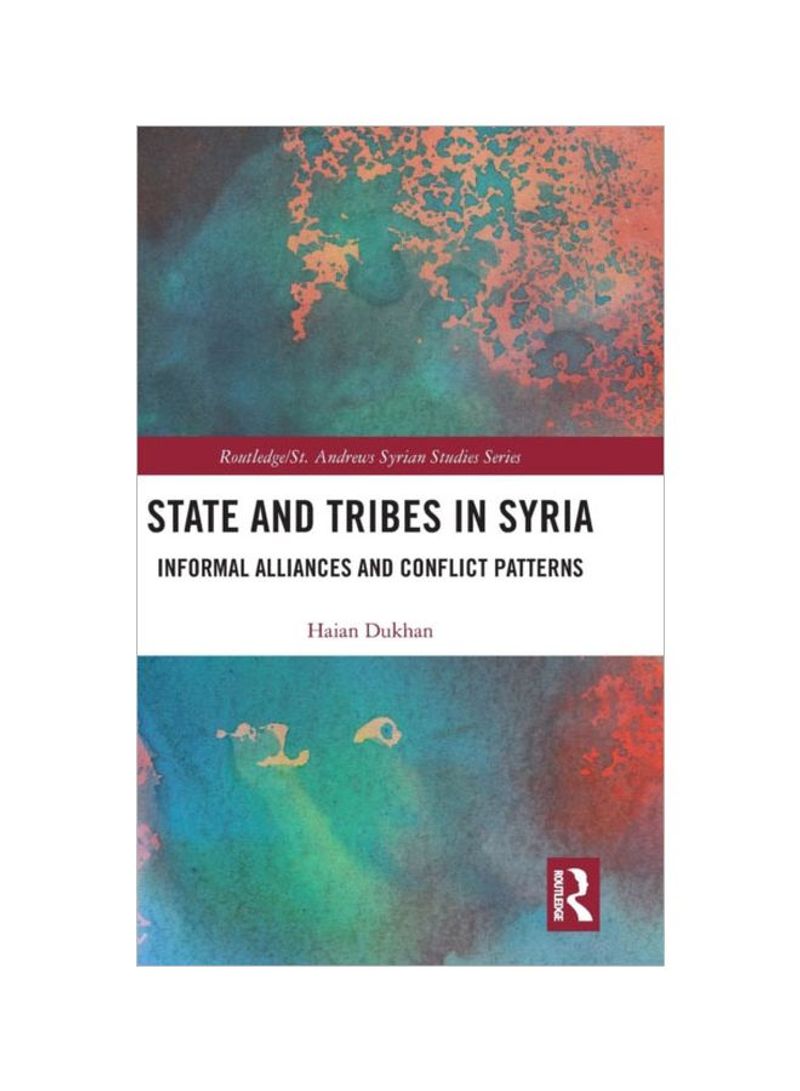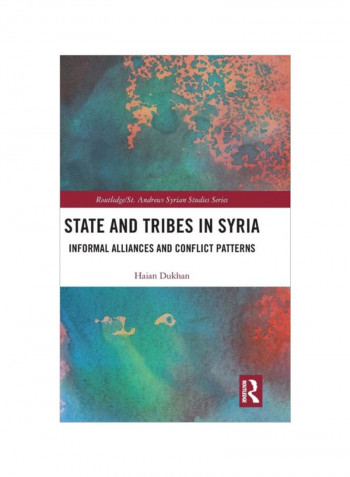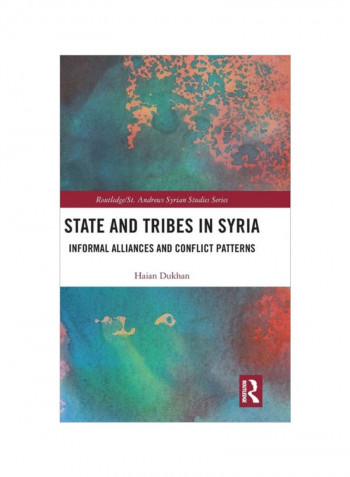State And Tribes In Syria: Informal Alliances And Conflict Patterns Hardcover
Recommend
Sort by
Rating
Date
Specifications
Grade
New
Author 1
Haian Dukhan
Book Description
State and Tribes in Syria: Informal Alliances and Conflict Patterns explores the policies of the successive Syrian governments towards the Arab tribes and their reactions to these policies. The book examines the consequences of the relationship between state and tribe since the fall of the Ottoman Empire and its withdrawal from Syria in 1916 until the eruption of the current Syrian civil war.Throughout history and up to the present day, tribalism continues to influence many issues related to governance, conflict and stability in the Middle East and North Africa. The book provides a dissection of a crucial, but neglected axis of the current crisis on the relationship between the state and the tribes. The research draws on data gathered through interviews with members of Syrian tribes, as well as written literature in various languages including English, Arabic and French. The book combines the research focus of political scientists and anthropologists by relating the local patterns (communities and tribal affiliations) to the larger system (state institutions and policies) of which they are a part.State and Tribes in Syria: Informal Alliances and Conflict Patterns advances our knowledge of an under-studied component of the Syrian society: the tribes. Therefore it is a vital resource for students, scholars and policymakers interested in Syrian Studies and Middle Eastern Studies.
ISBN-10
1138494836
ISBN-13
9781138494831
Language
English
Publisher
Taylor And Francis Ltd
Publication Date
11 Dec 2018
Number of Pages
174
About the Author
Haian Dukhan holds a PhD in International Relations from the University of St Andrews. He has worked for governmental and non-governmental bodies inside and outside Syria for many years, on issues related to development, counterterrorism and peace settlement. He is currently teaching Politics and International Relations at the University of Leicester and is engaged in a research project on the intersection between tribalism and sectarianism at the University of St Andrews.
Editorial Review
As Dukhan points out the 2011 Syrian revolution differed from Egypt and Tunisia in one important way, tribalism played a critical role in fermenting the early revolutionary movement. To understand the role tribes played in the Syrian conflict, a historical survey of the relationship between state and tribe is necessary, which is where the study begins. One of the main aim of the books is to help facilitate research into tribal politics - an undertaking that is needed - however it is important not to reduce everything to tribe in Syrian politics. The book does not do this and it is not the book's intention to do so. It has contributed greatly to our knowledge and will become a resource on Syrian politics. - Usman Butt, 'The relationship between the state and tribes in Syria', Review in The New Arab.



